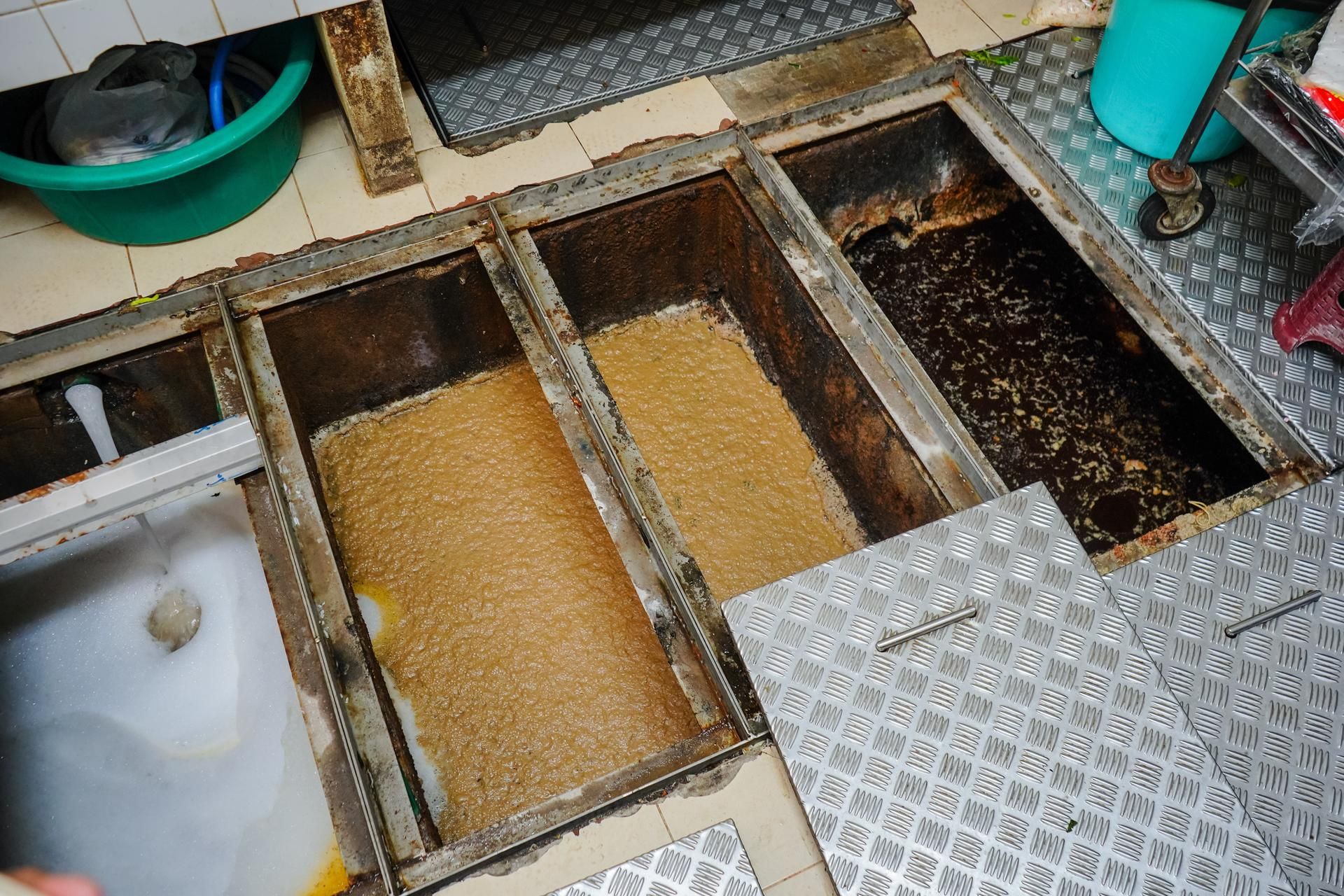Understanding Clogged Grease Lines

As a business owner, maintaining the smooth operation of your industrial processes is crucial for productivity and efficiency. One common issue that can disrupt your operations is a clogged grease line. In this blog post, we will discuss how to spot and troubleshoot a clogged grease line in your industrial operations to ensure uninterrupted workflow.
Spotting the Signs of a Clogged Grease Line
Slow Drainage
A telltale sign of a clogged grease line is the slow drainage in sinks, floor drains, or any plumbing fixtures linked to the impacted line. If you notice water backing up or taking longer than usual to drain, it could be a sign of grease accumulation in the pipe.
Foul Odors
A foul smell emanating from drains or plumbing fixtures can also indicate a clogged grease line. As grease builds up and decays inside the pipe, it can produce unpleasant odors that signal the need for maintenance.
Gurgling Sounds
When water struggles to flow through a clogged grease line, you may hear gurgling noises coming from drains or pipes. Air bubbles trapped in the water make this noise as it tries to pass through the restricted pipe.
Backups
If you neglect to treat your clogged grease line, it can lead to backups in your plumbing system. This can cause water to overflow from drains or toilets, potentially causing damage and disrupting your operations.
Troubleshooting a Clogged Grease Line
Use a Plunger
In some cases, using a plunger may be enough to clear a clogged grease line. Place the plunger over the affected drain and push and pull vigorously to dislodge any accumulated grease.
Hot Water Flush
Pouring hot water down the drain can also help break down greasy buildup in the pipe. However, be careful not to use boiling water as it can damage certain types of pipes.
Use Enzyme-Based Cleaners
Enzyme-based drain cleaners break down organic matter like grease, making them effective for clearing clogs in grease lines. Regularly using these cleaners can help prevent blockages and keep your pipes clear.
Hydro-Jetting
For more stubborn clogs, hydro-jetting offers a powerful solution. This method uses high-pressure water to blast away grease and debris inside the line. It is effective for thoroughly cleaning pipes and restoring proper drainage.
Professional Plumbing Services
If DIY methods fail to clear the clog or if you encounter recurring issues with your grease line, it's best to consult professional plumbers specializing in industrial plumbing services. Experienced plumbers have the expertise and equipment to efficiently diagnose and resolve complex clogging problems.
Preventing Future Clogs
Implement Regular Maintenance
Establishing a routine maintenance schedule for inspecting and cleaning grease lines can help prevent clogs before they escalate into larger issues. You can avoid costly repairs and downtime by proactively maintaining your plumbing system.
Educate Employees
Educating your employees on proper disposal practices for grease and other waste materials can significantly reduce the likelihood of clogs in your industrial operations. Encourage responsible disposal habits to minimize the risk of blockages in your grease lines.
Invest in Proper Grease Traps
Installing and regularly maintaining grease traps is crucial for preventing grease from entering your plumbing system. These traps collect and separate grease from wastewater, preventing it from solidifying and clogging your pipes.
Maintaining clear and functioning grease lines is essential for sustaining smooth industrial operations. By being vigilant in spotting the signs of a clogged grease line and taking proactive measures to troubleshoot and prevent blockages, you can ensure uninterrupted workflow and minimize disruptions in your business activities. If you encounter persistent grease line clogging issues, seek professional assistance from our team of experienced plumbers at Doug Turner Plumbing CO. We specialize in residential and commercial plumbing and can help with all your plumbing needs.

